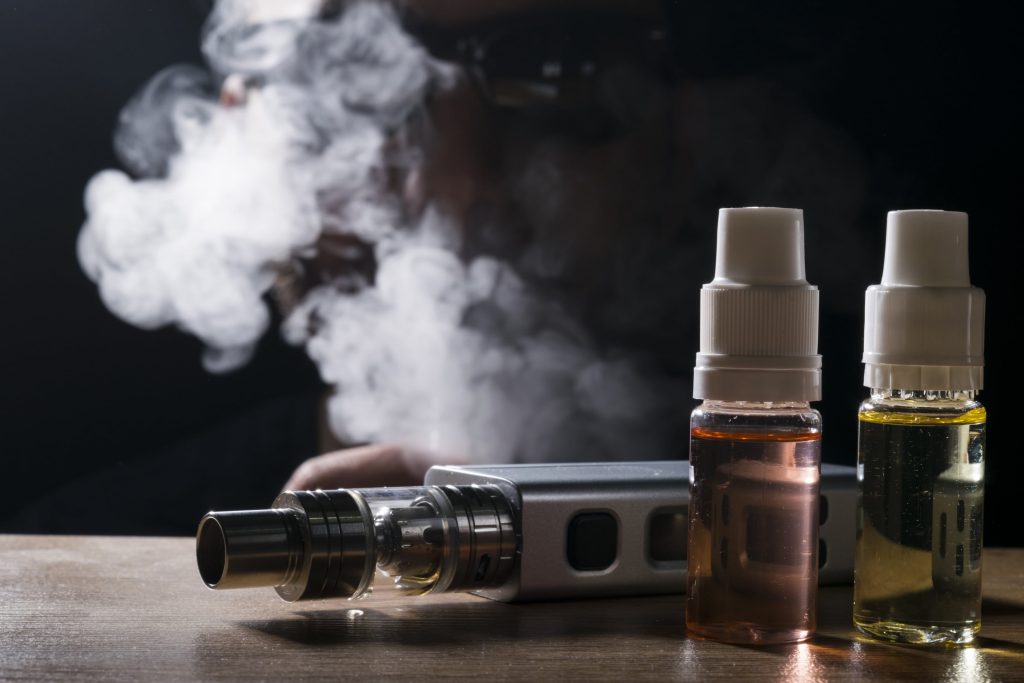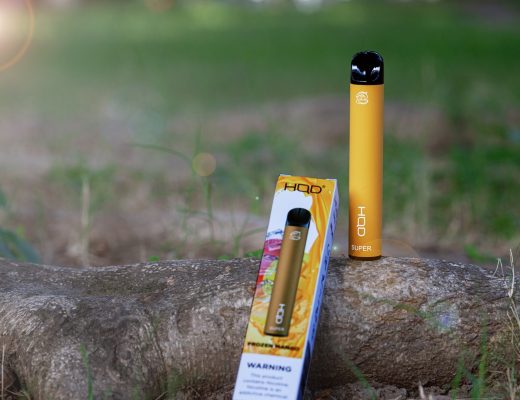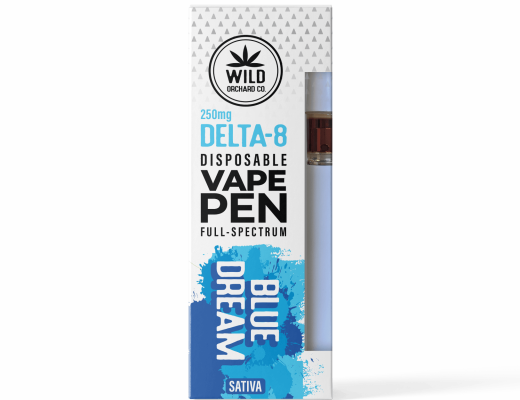In the realm of cannabis products, Delta 8 carts have been gaining significant attention for their unique effects and accessibility. As more individuals turn to Delta 8 THC for its milder psychoactive properties, questions arise regarding its influence on appetite, particularly in inducing the infamous “munchies.” Let’s delve into the nuances of this phenomenon, examining how Delta 8 carts might impact appetite and what users should know.
Understanding Delta 8 THC: A Brief Overview
Before delving into the munchies, it’s crucial to grasp what Delta 8 THC is. Derived from hemp, Delta 8 THC is a cannabinoid with psychoactive effects, albeit milder than its more well-known counterpart, Delta 9 THC. Often consumed through vaping, Delta 8 carts offer a convenient and discreet method of consumption, attracting users seeking a more subtle high.
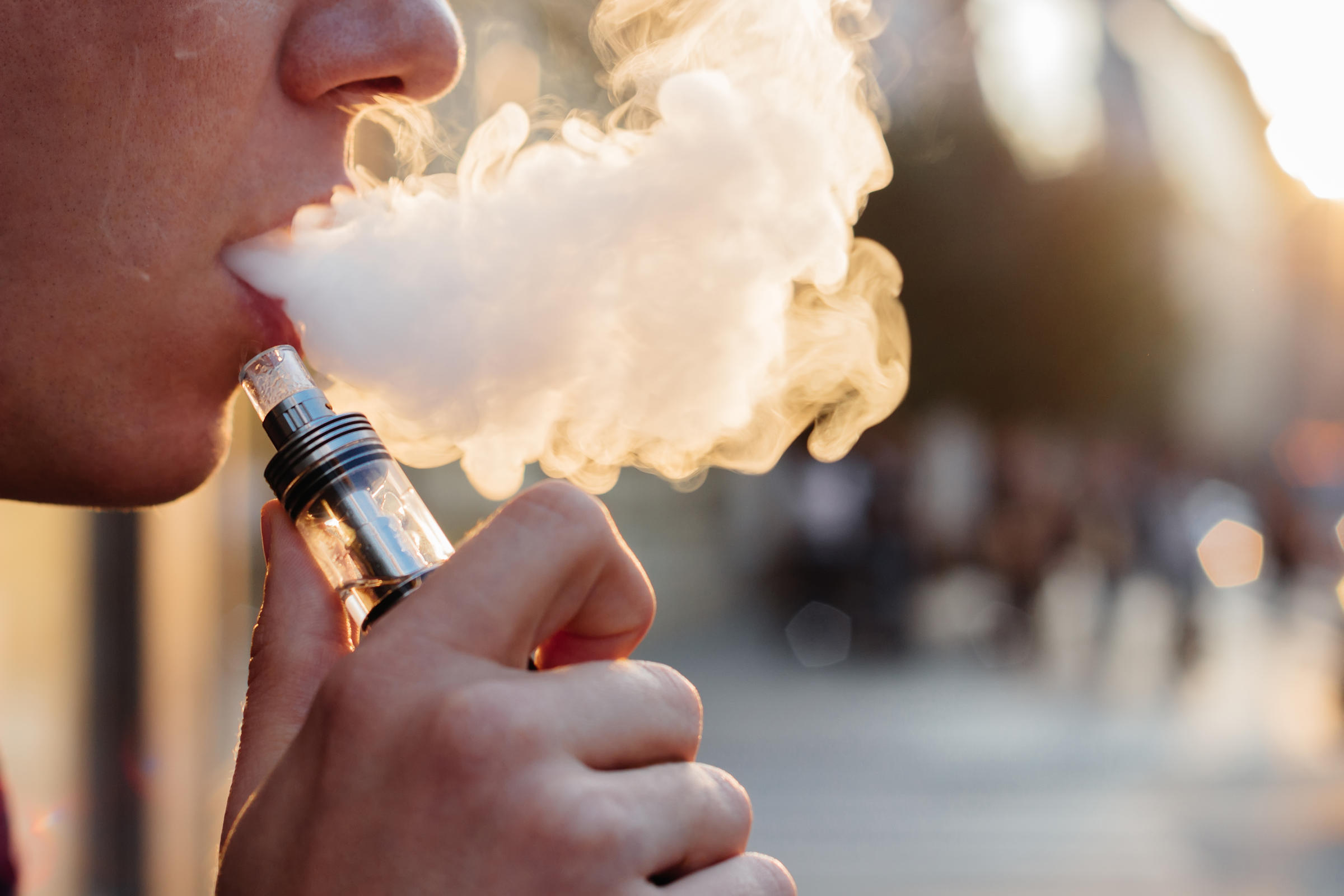
The Munchies Unveiled: What Causes Increased Appetite?
One of the most notorious effects of consuming cannabis is the surge in appetite, colloquially termed “the munchies.” This phenomenon stems from the interaction between cannabinoids like Delta 8 THC and the endocannabinoid system (ECS) in the body. When cannabinoids bind to ECS receptors, particularly the CB1 receptor, it can trigger sensations of hunger and enhance the enjoyment of food.
Delta 8 Carts and Appetite: The Connection Explored
While Delta 8 THC shares similarities with Delta 9 THC, its effects on appetite may differ. Some users report experiencing mild to moderate increases in appetite after consuming Delta 8 carts, akin to the traditional munchies associated with cannabis. However, the intensity of these effects can vary depending on factors such as dosage, individual tolerance, and consumption method.
Balancing Act: Managing Munchies and Moderation
For individuals using Delta 8 carts medicinally or recreationally, managing the munchies is essential for maintaining a balanced lifestyle. Incorporating mindfulness techniques, such as mindful eating and portion control, can help mitigate excessive snacking tendencies while still enjoying the enhanced sensory experience that Delta 8 THC provides. Additionally, choosing healthier snack options can satisfy cravings without compromising overall well-being.
The Role of Delta 8 THC in Appetite Regulation: Insights from Research
While anecdotal evidence suggests a link between Delta 8 THC and appetite, further scientific research is needed to elucidate the mechanisms behind this phenomenon. Studies exploring the effects of Delta 8 THC on appetite regulation and food intake could provide valuable insights into its potential therapeutic applications, particularly in the context of appetite stimulation for medical purposes.
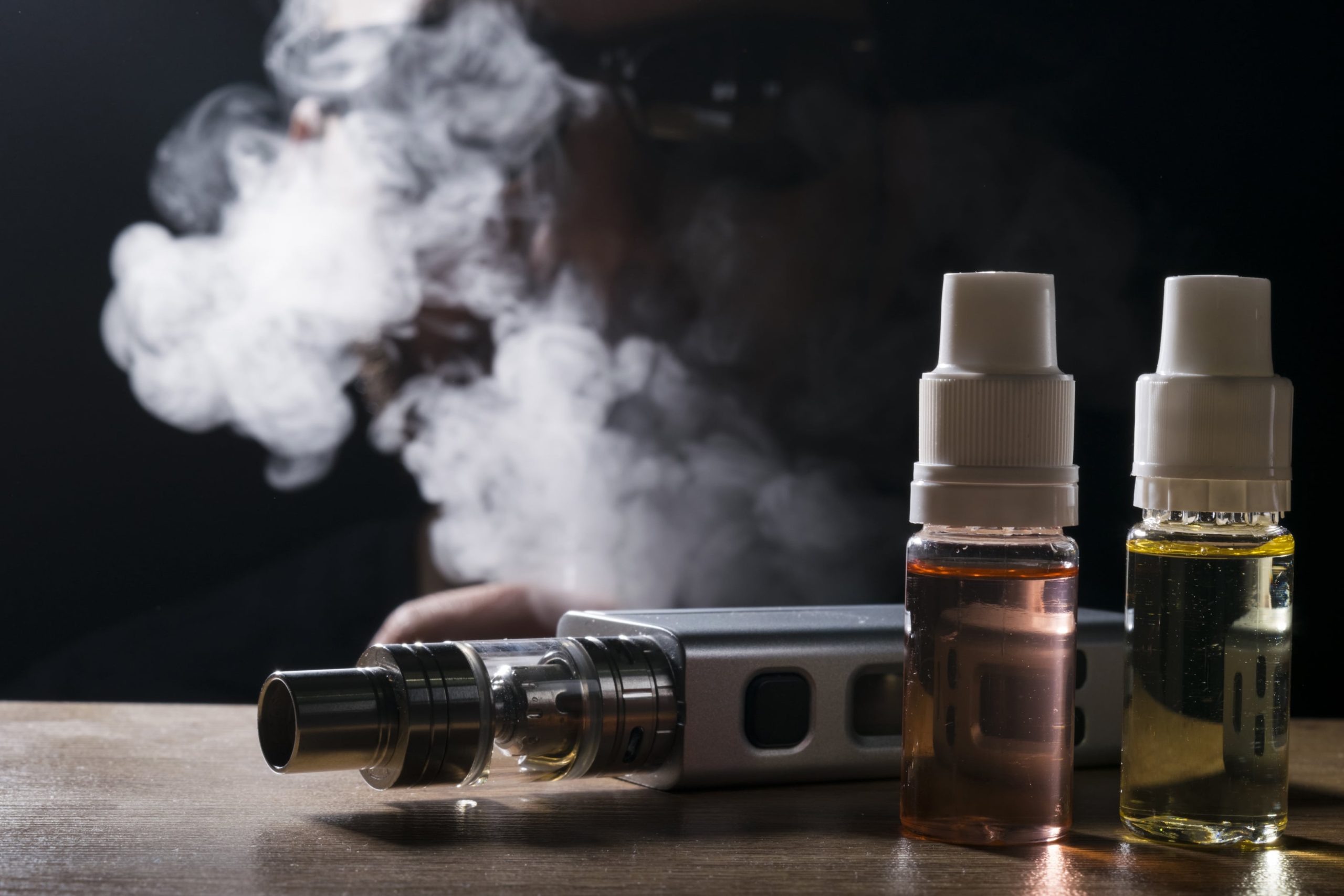
Navigating the Market: Finding the Best Delta 8 Carts Online
As interest in Delta 8 THC grows, so does the availability of products in the market. When seeking the best Delta 8 carts online, it’s crucial to prioritize quality, safety, and transparency. Look for reputable vendors that provide third-party lab testing results, ensuring the purity and potency of their products. Additionally, read customer reviews and consider factors such as ingredients, extraction methods, and manufacturing practices before making a purchase.
In Conclusion
The relationship between Delta 8 carts and appetite is complex, influenced by various factors such as individual physiology, dosage, and consumption habits. While Delta 8 THC may enhance appetite for some users, moderation and mindful consumption remain key to harnessing its benefits without succumbing to excessive snacking. As research in this area continues to evolve, a better understanding of Delta 8 THC’s effects on appetite may pave the way for more targeted therapeutic interventions in the future.

